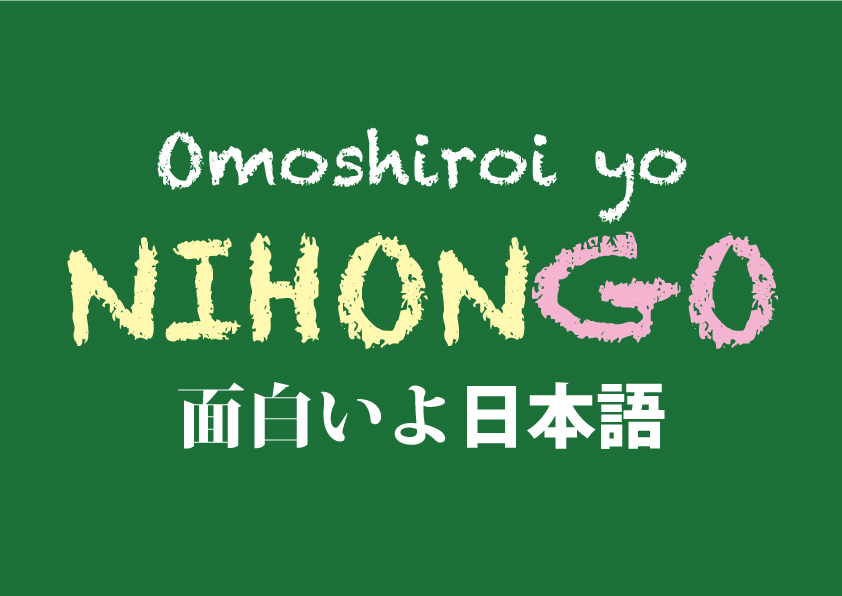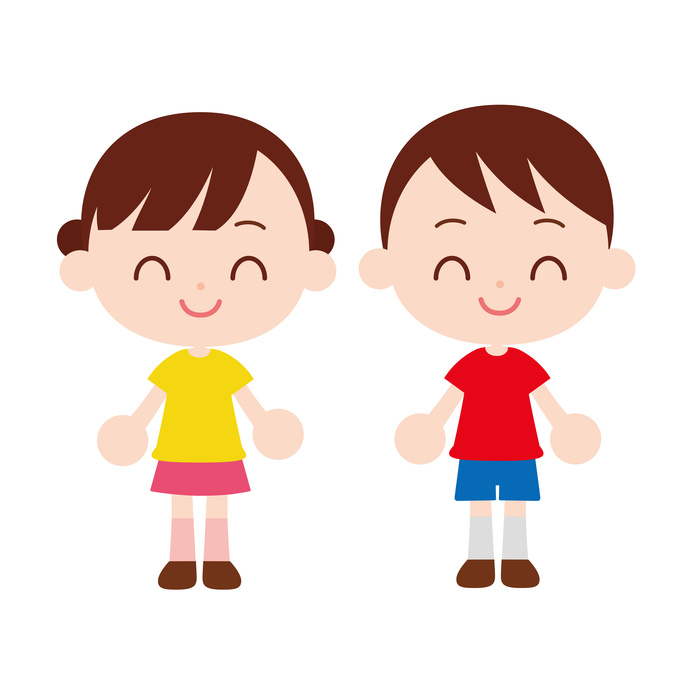
Welcome once again, to the fascinating world of the Japanese language. Are you ready for today’s lesson?
Emotions; people have so many of them. You can express how you feel sad, excited or irritated in any language, but the Japanese language even has onomatopoetic words that express emotions as if they made their own distinctive sounds. Words like this are classified as “gitaigo” (literally “state imitating words”).
Today we will introduce you to the “sounds” of joyful feelings. Let’s keep it positive!
“Ukiuki” うきうき
Used when you are full of hope, cheerful and happy, it is derived from the word 浮かぶ “ukabu”, which means floating. It is common to attach the verb “suru” to gitaigo nouns like ukiuki, letting you actively describe how someone is feeling.
“Wakuwaku” わくわく
Used when your heart races with joy and you are full of anticipation.
“Runrun” るんるん
This one is for when you are so happy you could be singing to yourself and feel somewhat euphoric. These kinds of words are frequently used in manga and anime, and are interesting to learn, showing more about the colorful palette of the Japanese language.
Example sentences:
♦春は日本にホリデーに行くので、とってもうきうきしてる。
(Haru wa nihon ni horide ni iku node, tottemo ukiukishiteru.)
I am going on holiday to Japan this spring so I am buoyed up with joy.
♥誕生日プレゼントをもらった。何が入っているのか、わくわくする。
(Tanjoubi purezento wo moratta. Nani ga haitteru kana. Wakuwaku suru.)
I got a Birthday present. I wonder what’s inside, my heart is pounding with excitement.

